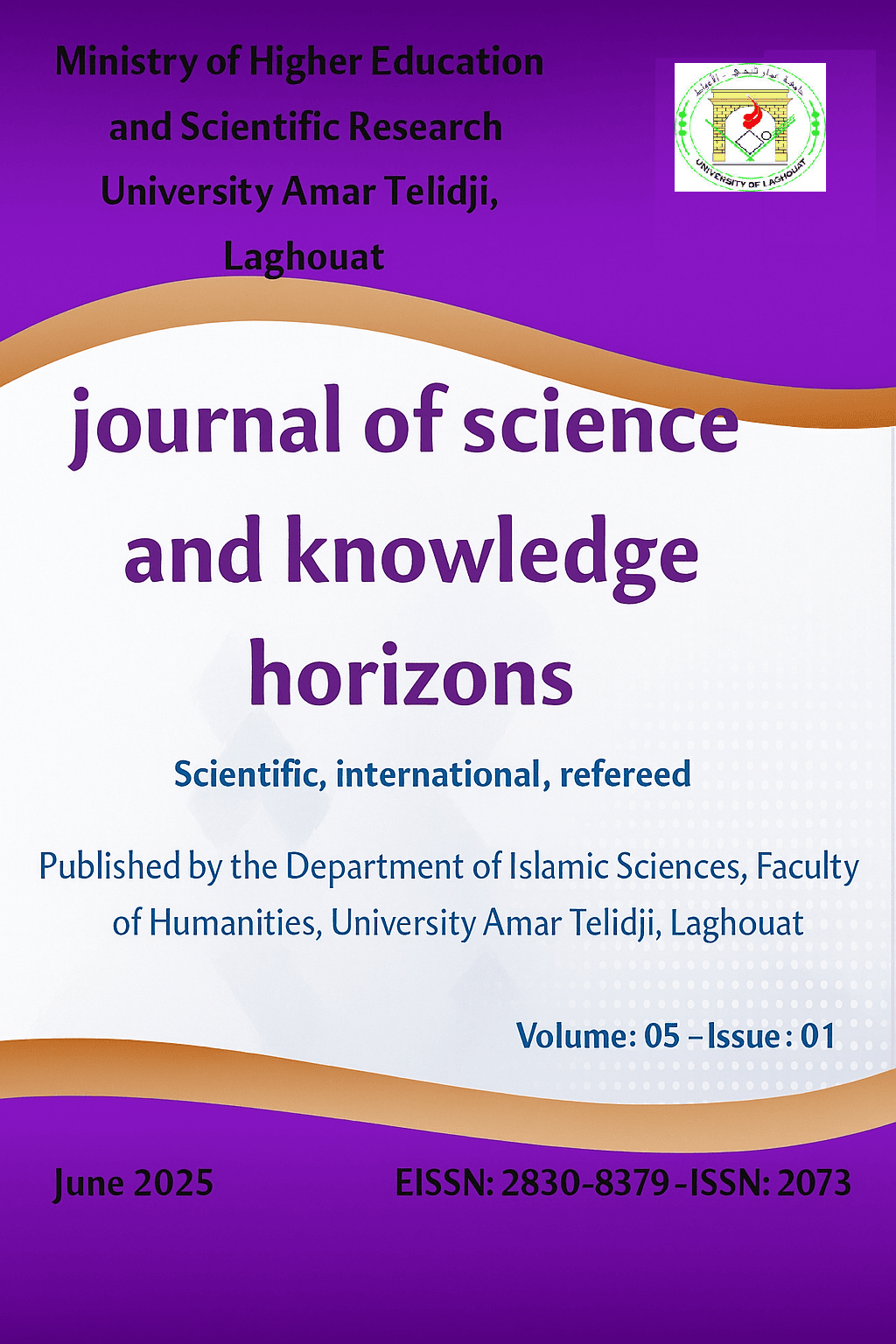Influence of artificial intelligence on students' learning and psychological well-being: a systematic literature review
Abstract
The incorporation of artificial intelligence (AI) into higher education is a major advance capable of transforming learning methods and supporting students' psychological well-being. This systematic review examines the influence of AI on academic performance and student well-being, analysing 38 studies published between 2018 and 2024. education chatbots, adaptive learning platforms, and intelligent tutoring systems are all examples of AI technologies, improve the personalisation of learning, increasing understanding, engagement and academic outcomes, while reducing stress and anxiety. However, concerns remain about technological dependency, social isolation and ethical challenges. The results indicate that AI must be used in a balanced and ethical manner, with adequate training of educators and appropriate policies. Future research should further investigate the impact of AI in various educational contexts.
Downloads
References
- Alawneh, Y. J. J., Radwan, E. N. Z., Salman, F. N., Makhlouf, S. I., Makhamreh, K., & Alawneh, M. S. (2024). Ethical considerations in the use of AI in primary education: Privacy, bias, and inclusivity. In 2024 International Conference on Knowledge Engineering and Communication Systems (ICKECS) (pp. 1–6) 10.1109/ICKECS61492.2024.10616986
- Al-Khaldi, N., Rashid, M., & Hussein, Y. (2020). Technological dependence and social isolation in AI-driven educational environments. International Journal of Educational Research, 8 (1), 50–70.
- Ofori, F., Maina, E. & Gitonga, R. (2020). Using Machine Learning Algorithms to Predict Students’ Performance and Improve Learning Outcome: A Literature Based Review, Journal of Information and Technology, Vol. 4(1), 33-55..
- Han, J., Zhao, W., Jiang, Q., Oubibi, M., & Hu, X. (2019). Trends of intelligent tutoring systems 2006–2018: A literature review. In 2019 8th International Conference on Educational Innovation through Technology (EITT) (pp. 153–159). IEEE. https://doi.org/10.1109/EITT.2019.00037
Chan, P., Van Gerven, T., Dubois, J.-L., & Bernaerts, K. (2021). Virtual chemical laboratories: A systematic literature review of research, technologies and instructional design. Computers and Education Open, 2,. https://doi.org/10.1016/j.caeo.2021.100053
Dilmi, C., & Zoubida, S. (2024). Artificial intelligence’s impact on higher education quality. Journal of Science and Knowledge Horizons, 40 (10), 606–623. https://doi.org/10.34118/jskp.v4i01.3889
- Martin, F., Chen, Y., Moore, R. L., & Westine, C. D. (2020). Systematic review of adaptive learning research designs, context, strategies, and technologies from 2009 to 2018. Educational Technology Research and Development 68, 1903–1929. DOI: 10.1007/s11423-020-09793-2
- Illeris, K. (2007). How we learn: Learning and non-learning in school and beyond. Routledge.
- Luckin, R., Holmes, W. (2016). Intelligence unleashed: An argument for AI in education. Pearson Education. https://discovery.ucl.ac.uk/id/eprint/1475756
- Ouafi, H. (2024). Artificial intelligence and the challenge of protecting personal data in light of European Directive EC/9/96 on the legal protection of databases. Journal of Science and Knowledge Horizons, 40 (40), 589–605.
- Russell, S. J., & Norvig, P. (2016). Artificial intelligence: A modern approach (3rd ed.). Pearson Education.
- Ryff, C. D. (1989). Happiness is everything, or is it? Explorations on the meaning of psychological well-being. Journal of Personality and Social Psychology, 57 (6), 1069–1081.
- Selwyn, N. (2019). Should robots replace teachers? AI and the Future of Education. (1st ed.) Polity Press.
- Johnson, L., Smith, J. and Brown, K. (2019) Feedback Mechanisms in the Age of AI: Improving Performance Evaluation. International Journal of Human Resource Management, 32, 521-537.
- Yin, J., Goh, T. T., Yang, B., & Xiaobin, Y. (2021). Conversation technology with micro-learning: The impact of chatbot-based learning on students’ learning motivation and performance. Journal of Educational Computing Research, 59(1), 154–177. https://doi.org/10.1177/0735633120952067
- Williamson, B., & Eynon, R. (2020). Historical Threads, Missing Links, and Future Directions in AI in Education. Learning, Media and Technology, 45(3), 223–235. https://doi.org/10.1080/17439884.2020.1798995

This work is licensed under a Creative Commons Attribution-NonCommercial 4.0 International License.






